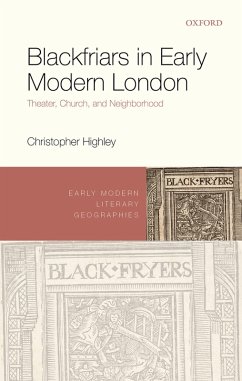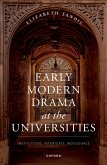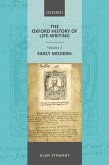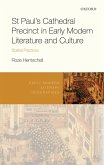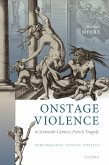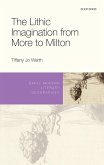Blackfriars: Theater, Church, and Neighborhood in Early Modern London is a cultural history of an urban enclave best known in the later sixteenth and seventeenth centuries for the incongruous juxtaposition of playing and godly preaching. As the former site of one of London's great religious houses, the post-Reformation Blackfriars was a Liberty free from mayoral control. The legal exemptions and privileges enjoyed by its residents helped attract an unusual mix of groups and activities. Zealous preachers and puritan parishioners mingled with playhouse workers and playgoers, as well as with the immigrant 'strangers' who settled here. The book focuses on local playhouse-church relations and asks how a theatrical culture was able to flourish in a parish dominated by committed puritans. Physically, the church of St Anne's and the playhouse were virtually next-door, but ideologically they seemed poles apart. Yet despite the occasional efforts of some residents to close the playhouse, godly religion and commercial playing managed to coexist. In explanation, the book examines the conflicting economic and ideological priorities of residents and the overriding desire to promote order and neighborliness. More provocatively, I argue that the Blackfriars pulpit and stage could be mutually reinforcing sites of performance. Preachers as well as playwrights exploited the Liberty's vexed relations with authority to air satirical and dissident views of the established church and state. By examining Blackfriars sermons and plays side-by-side, the book reveals a synergy between two institutions usually considered implacable enemies.
Dieser Download kann aus rechtlichen Gründen nur mit Rechnungsadresse in A, B, BG, CY, CZ, D, DK, EW, E, FIN, F, GR, HR, H, IRL, I, LT, L, LR, M, NL, PL, P, R, S, SLO, SK ausgeliefert werden.

